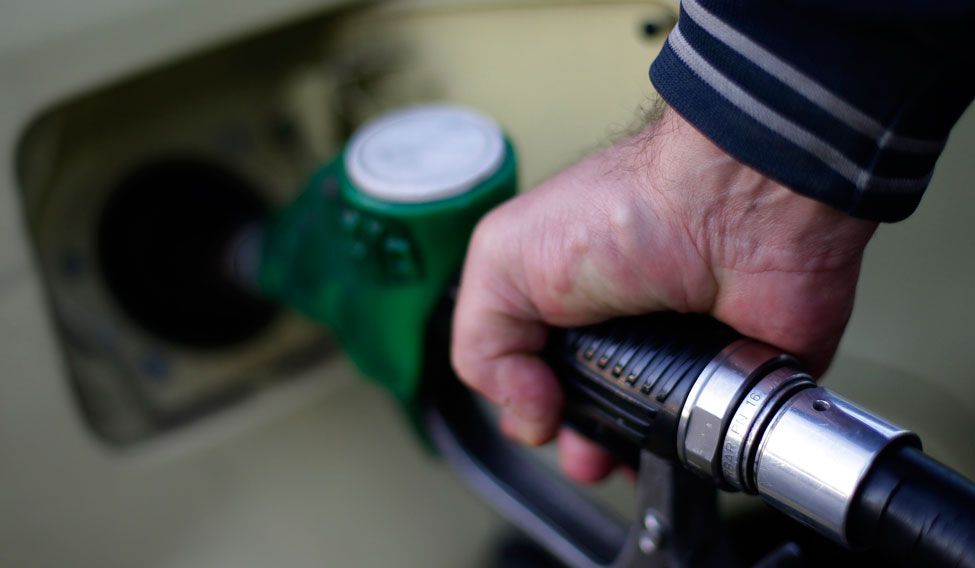There is an interesting story doing the rounds in the Indian capital, enveloped in a record-breaking toxic haze prompting flight delays and car pileups. And that revolves around a tussle between the Ministry of Finance and the Ministry of Petroleum over whether or not India should have reduced prices for petroleum products and why the decision should be final, not a hodgepodge of stopgap measures.
“We want the rates to be reduced, we want it,” petroleum minister Dharmendra Pradhan said on the sidelines of a conference in Delhi. Within weeks, finance minister Arun Jaitley—alarmed at the hit taken by the Centre of Rs 26,000 crore by cutting excise duty on oil—urged the states to cut sales tax or VAT on petrol and diesel to provide further relief to consumers from high fuel prices. Jaitley reminded consumers that the Rs 2-per litre cut in excise duty on petrol and diesel was meant to offer relief from relentless increase in prices and leave more money in hands of consumers. “India is now in a better position than the Rs 75 plus per litre price some years ago,” argued Jaitley.
Both Pradhan and Jaitley know the pressures are coming from two states, Delhi and Kerala, both in the forefront of demanding a cut in duties. The FM—it is reliably learnt—has already conveyed to Pradhan that the government is not likely to budge on Pradhan’s request because a large part of taxes collected on petroleum products goes to states, which, besides their own VAT collection, they also get 42 per cent of central duties.
The government, in the Indian capital, revolves around two people: Prime Minister Narendra Modi and his trusted lieutenant and Bharatiya Janata Party president Amit Shah. Both have conveyed to the two ministries that the states must bear a part of the impact, arguing revenues of both the Centre and states would be impacted by duty cuts but an upward movement in the economy would give adequate space for covering up of the lost revenue.
Modi feels the states are close to their own people and should manage their finances well, rather looking for sops from the Centre. The PM—in conversations with bureaucrats—have often stressed how oil revenue is eventually used for infrastructure and social sector and that why there should not be any needless arguments on lowering the taxes. Modi has been pushing state-owned oil and gas companies like ONGC Videsh to acquire oil and gas fields across the world; there’s one both India and China are eyeing close to Abu Dhabi. Modi and Shah also know they have the numbers of their side, the BJP-led NDA governs 18 out of the 29 states.
Unlike the Centre, states levy VAT as an ad valorem duty which rises every time there is an increase in price. And for the records, BJP-ruled Maharashtra levies 46.52 per cent VAT (47.64 per cent in Mumbai) on petrol, the highest in the country. Andhra Pradesh has 38.82 per cent VAT on petrol while BJP-governed Madhya Pradesh levies 38.79 per cent VAT on the fuel. Delhi and Himachal Pradesh levy 27 per cent VAT on petrol while Punjab has 36.04 per cent VAT. Haryana levies 26.25 per cent VAT.
Many in Delhi feel Pradhan still wants a populist move, even if it means a marginal cut agreed upon by the FM. Probably he has his eyes on some state elections, and also the Big Show slated for 2019. But in the BJP-led NDA government, everything stops with the Buck and the Preacher. After all, it's all about protecting Centre’s wagon train from the state’s bounty hunters, as depicted in the 1972 gun slinging Western film starring Sidney Poiter (Buck) and Harry Belafonte (Preacher).
Everyone is waiting for the toxic haze to disappear, only then a clear, rather clearer, picture will emerge.





